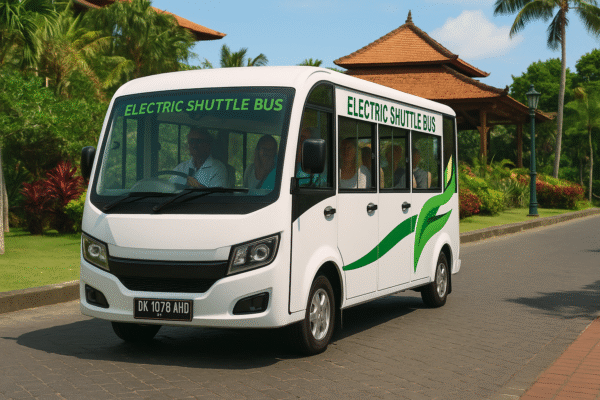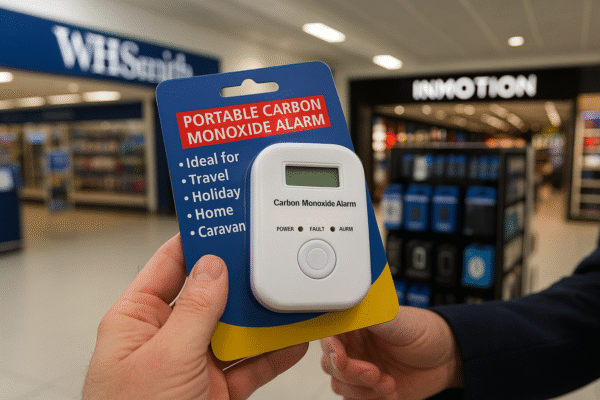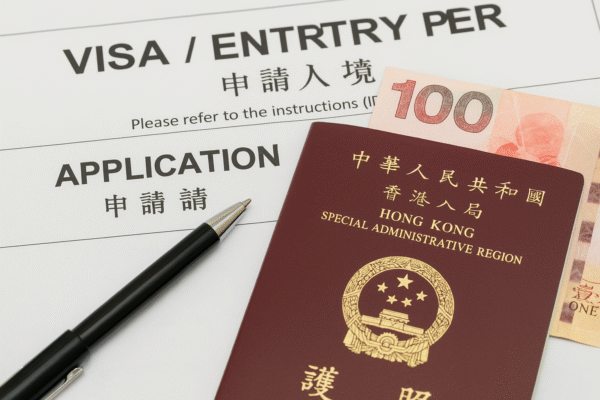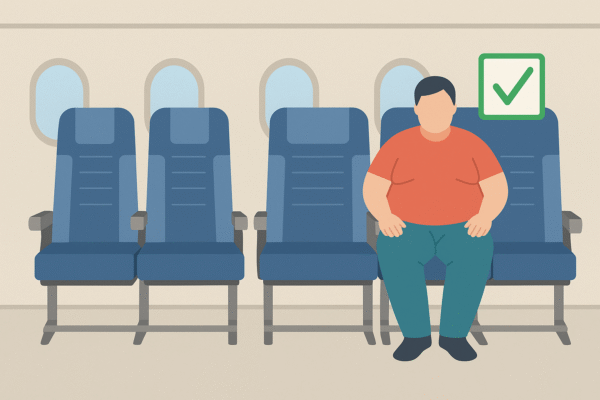As U.S. tourism hits record highs in 2025, a disturbing trend is casting a shadow over the travel boom: a sharp surge in hotel booking scams. Fraudsters are deploying increasingly sophisticated tactics—from fake booking websites and phishing emails to AI-manipulated hotel photos and on-the-ground deception—to trick domestic and international tourists out of thousands of dollars.
According to recent alerts from the Federal Trade Commission (FTC) and Better Business Bureau (BBB), reports of hotel fraud in the U.S. have more than doubled since 2022, with peak travel seasons seeing an especially high number of victims. Tourists lured by too-good-to-be-true deals or last-minute discounts are often left stranded, defrauded, or redirected to unsafe accommodations.
Fake Hotel Websites Are Fooling Even Experienced Travelers
Among the most common scams in 2025 are fraudulent hotel booking websites. These sites mimic legitimate hotel chains or online travel agencies, complete with logos, high-quality visuals, customer reviews, and payment portals. But behind the façade, there’s no real booking—just a criminal ready to vanish with your money.
Travelers often discover the deception only upon arriving at the actual hotel, where they’re told no reservation exists. In many cases, these scammers have used spoofed email confirmations and booking numbers that closely resemble real documentation.
The American Hotel & Lodging Association (AHLA) estimates that over $1.3 billion is lost annually in the U.S. to fake hotel booking sites.
Phishing Emails and Texts Imitate Trusted Travel Brands
Scammers have taken phishing to a new level of precision. Tourists now receive emails and SMS confirmations appearing to come from Booking.com, Expedia, or Hilton, complete with legitimate formatting, customer service numbers, and reservation codes.
These messages direct users to click malicious links under the guise of confirming a booking or updating payment details. Once clicked, victims are taken to counterfeit portals where credit card data is harvested.
In 2025, the FTC’s Consumer Sentinel Network has reported a significant increase in travel-related phishing, with cases up 45% year over year.
AI-Forged Hotel Room Photos Add a Dangerous New Twist
Criminals are increasingly turning to artificial intelligence to fake property listings. AI-generated hotel room images now flood rogue booking sites and even some spoofed Airbnb and VRBO listings, showcasing spacious, sunlit rooms with luxury interiors—entirely fabricated.
In reality, these hotels may be dilapidated motels, unsafe short-term rentals, or entirely fictional properties. The discrepancy between expectation and reality has left countless travelers shocked and out of pocket.
Experts from Travel Tech Alliance warn that AI editing can produce photorealistic interiors that bypass even advanced fraud-detection systems, making consumer skepticism more vital than ever.
The “Accommodation Closed” Scam: In-Person Fraud Tactics
The threat isn’t limited to the digital world. A particularly cunning on-ground scam involves strangers—often posing as taxi drivers or hotel employees—intercepting arriving tourists with false claims that their hotel is closed due to emergencies like fire, flooding, or overbooking.
Panicked travelers are then whisked away to alternative “hotels” that are either overpriced, unsafe, or affiliated with the scammer. In major transit cities like New York, Las Vegas, and Miami, this trick has gained traction, especially among foreign tourists unfamiliar with local hotel policies.
Local law enforcement agencies have issued warnings about coordinated scams near airports and railway stations, urging tourists to verify closure claims directly with hotel reception.
Fraudulent Travel Agencies and Third-Party Booking Portals
In addition to fake hotel sites, fraudulent travel agencies and rogue third-party portals have emerged, promising unbeatable deals on “exclusive” packages or “members-only” rates. Once payment is made, communication ceases, or the customer arrives to find no reservation was made at all.
Millennials and Gen Z travelers—who prefer booking on mobile apps and value-driven platforms—are particularly at risk. A 2025 study by Hospitality Technology Magazine found that over 62% of scam victims under 35 had booked through unknown or unverified websites.
Fake Travel Apps and Listings on Trusted Platforms
Scammers have also infiltrated legitimate platforms like Airbnb and Hotels.com, posting fraudulent listings that redirect payment off-platform. Some even create fake versions of popular travel apps, which when downloaded, collect personal data or push malware.
Once off-platform payment is made—typically via cryptocurrency, gift cards, or wire transfer—the listing disappears or the “host” becomes unreachable. Without the platform’s payment protection, the victim is left with no way to recover their losses.
Public Wi-Fi and Cyber Risk for Travelers
Hotel scams don’t end with booking. Cybercriminals frequently target travelers through unsecured public Wi-Fiin hotel lobbies, cafés, and airports. Once connected, they can intercept sensitive data, including banking details, passwords, and even booking confirmations.
The Cybersecurity and Infrastructure Security Agency (CISA) advises tourists to avoid accessing payment portals or entering sensitive data over public networks. Instead, travelers should use VPNs or personal hotspots when managing travel arrangements.
Financial Impact: Hundreds Lost Per Traveler
The growing hotel scam crisis carries real financial weight. In 2025, over 20% of U.S. travelers reported encountering a travel-related scam, and nearly 25% of those lost $500 or more. Some victims report losses into the thousands, especially when combined with emergency rebookings or same-day lodging fees.
States like California, Florida, and Nevada report the highest number of incidents, coinciding with their top tourism rankings.
How Travelers Can Stay Safe
Travel experts recommend a few key strategies to avoid falling prey to hotel scams:
- Always book directly through verified hotel websites or major booking platforms.
- Check for “https://” in website URLs and scrutinize spelling inconsistencies.
- Avoid clicking links from unsolicited emails or texts, even if they appear familiar.
- Use a credit card—not debit—for travel purchases to gain fraud protection.
- Research hotel photos—check reviews on Google Maps, TripAdvisor, or verified social media accounts.
- Install antivirus software and VPN protection when traveling abroad.
Final Thoughts: Don’t Let Scammers Steal the Joy of Travel
Hotel scams in the U.S. have evolved into a sophisticated threat, combining tech-savvy deception with psychological manipulation. But awareness and vigilance remain powerful defenses. By verifying sources, thinking critically about deals, and securing their data, travelers can still explore America’s incredible destinations without fear.
Because travel should bring joy—not jeopardy—and your journey deserves to begin with trust, not a trap.
For more travel news like this, keep reading Global Travel Wire

















